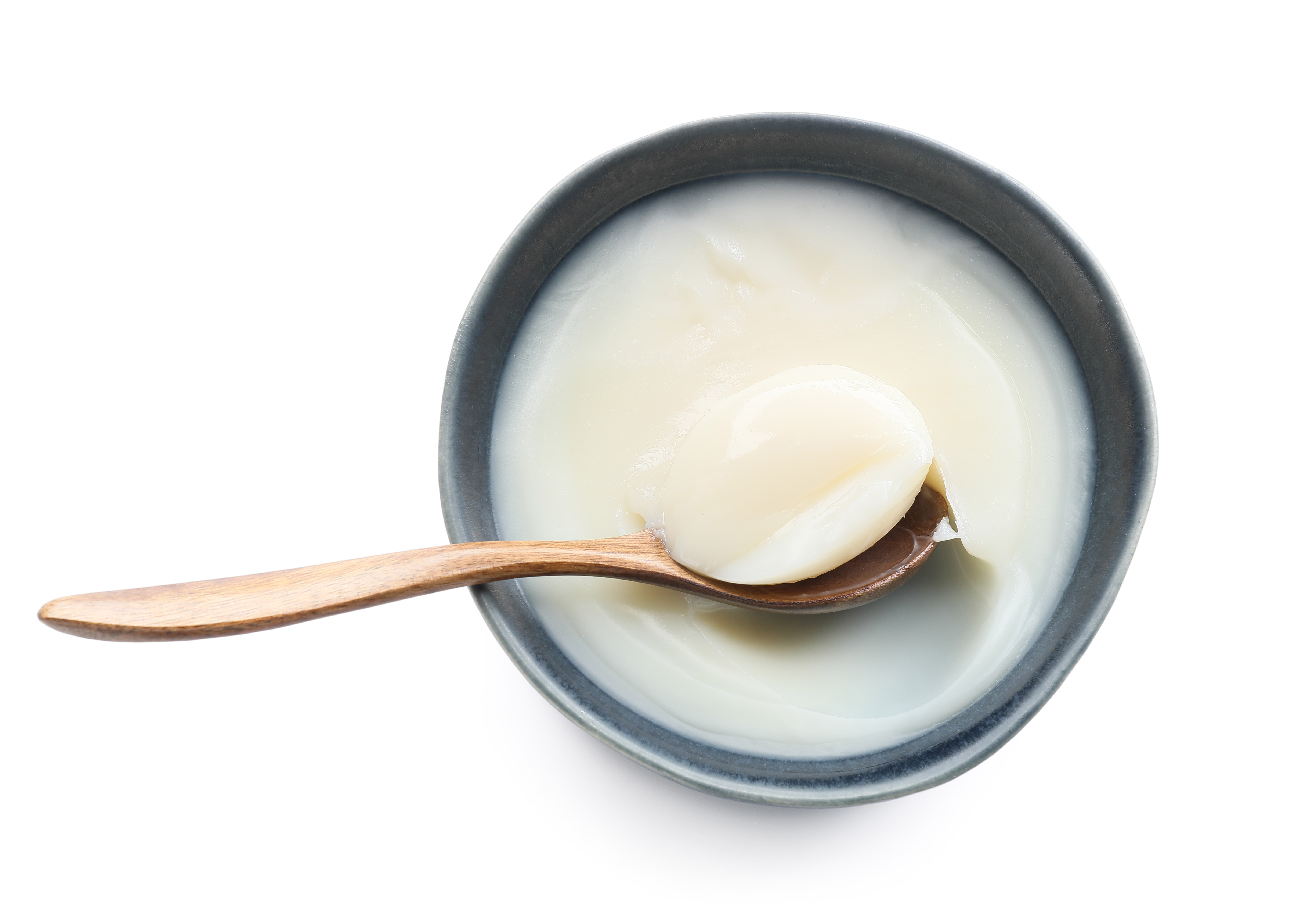Beef Tallow: Health Boon or Bust
FDA Warns Against “Gas Station Heroin” Tianeptine
Hidden Risks of Supplements and Serotonin Syndrome
Counseling Patients on Coenzyme Q10
New CE: Supplements for Osteoarthritis: An Evidence-Based Approach
Watch out for Undeclared Drugs in Supplements
NatMed Platform Upgrade
Beef Tallow: Health Boon or Bust
July 2025Growing concerns about some plant and seed oils will generate questions about other cooking fats, particularly beef tallow. So what is beef tallow? Does it offer any health benefits? Be prepared to discuss this with patients.
Beef tallow is edible animal fat that contains triglycerides rich in both saturated and monounsaturated fatty acids. It comes from the hard fat found around the kidneys and loins of cows.
Proponents suggest that using beef tallow in place of plant oils for cooking can reduce oxidative stress as the polyunsaturated fatty acids in plant oils are more susceptible to oxidation. It’s also touted for heart health benefits and improving cholesterol levels, possibly due to its stearic acid content. The theory is that stearic acid is less likely to raise unhealthy fat levels in the blood compared to other saturated fats.
What does the evidence say? There’s currently no good clinical evidence supporting the use of beef tallow for any condition. It’s rich in multiple saturated fatty acids, and the American Heart Association/American College of Cardiology guidelines strongly recommend reduced intake of saturated fatty acids. Plus, most clinical research evaluating animal fat consumption doesn’t support its use for heart health or improved cholesterol levels.
If patients ask about beef tallow, explain that consuming it in moderation as part of the diet is likely safe for most people. But as with all saturated fats, it’s important not to go overboard - generally less than 10% of daily calories should come from saturated fat for healthy adults and less than 6% for people with high cholesterol.
Check out our new beef tallow monograph to learn more.
